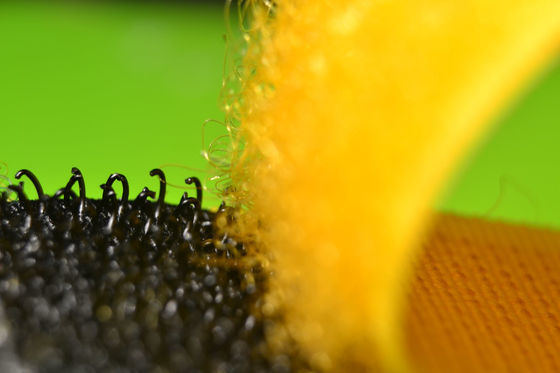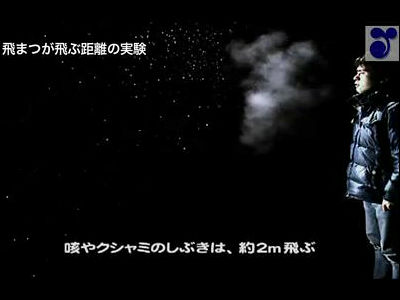Why is 'soap' the strongest against new coronavirus?

The World Health Organization (WHO) has called for '
Thread by @PalliThordarson: 1/25 Part 1-Why does soap work so well on the SARS-CoV-2, the coronavirus and indeed most viruses? Because it is a self-assembled nanopart…
https://threadreaderapp.com/thread/1236549305189597189.html
The answer to the question 'Why is soap effective against SARS-CoV-2 (new coronavirus) , and thus normal and most viruses?' Was answered by the supramolecular chemistry at the University of New South Wales. I'm Paul Sanderson, an expert on Sanderson explained why soap is effective in fighting viruses through a total of 25 posts on Twitter.
1/25 Part 1-Why does soap work so well on the SARS-CoV-2, the coronavirus and indeed most viruses? Because it is a self-assembled nanoparticle in which the weakest link is the lipid (fatty) bilayer.A two part thread about soap, viruses and supramolecular chemistry # COVID19 pic.twitter.com/OCwqPjO5Ht
— Palli Thordarson (@PalliThordarson) March 8, 2020
In the first place, what a virus is, says Sanderson: 'Most viruses are self-assembled nanoparticles consisting of three components: RNA , protein, and lipid.' Viruses are not strictly living things, so from a supramolecular chemistry perspective, they are 'nano-sized particles that naturally create the same structure as themselves.'
What is important here is that the lipid membrane protects the core RNA of the virus. Viral particles are generally protected by a membrane called an envelope, which is often made up of a lipid bilayer . The structure of the lipid bilayer is difficult to physically decompose because it is tightly engaged like a hook-and-loop fastener , but the chemical bonding itself is weak because the molecules are connected by non- covalent bonds . That's right.

And because soap has the effect of dissolving lipids, viruses exposed to soap can easily fall apart like 'pyramids made of playing cards.' In addition to this, soap also has the effect of removing dirt from the surface of the hand, so it is said that soap is perfect for virus protection.
Drugstores and other products have a variety of products with antibacterial properties other than soap for hand washing, but 'they do not affect the structure of the virus at all, so they can not beat ordinary soap' Said Sanderson. Many hygiene articles stipulated that they were 'just expensive versions of soap.'
The only exception is alcohol disinfection. Alcohol, when its concentration exceeds 60%, becomes very strong as a solvent for dissolving lipids. Therefore, a commercially available alcohol disinfectant with a concentration of 60-80% effectively inactivates the virus by the same mechanism as soap. However, unlike hand washing with soap, there is no action to remove dirt together with the virus, so it can not be expected to be as effective as soap.
Other studies that simulate the movement of virus-containing saliva have shown that hand washing with soap is more effective than alcohol disinfection in controlling the virus.
Research result that influenza virus attached with saliva is invincible for 4 minutes against alcohol disinfection-gigazine

On the other hand, alcohol disinfection can inactivate the virus in a relatively short time and does not require running water, so it is suitable for office receptions and other places where hand washing with soap is not possible.
With this commentary being featured in many media, Sanderson commented, 'My soap tweets seem to be quoted here and there. Great!'
1/9 It looks like my 'soap' tweet has been quoted all over the place.Wonderful! I do though take a slight issue with the tone in some of these when it comes to soap vs hand sanitiser.Just because I said, soap is better, doesn't mean sanitiser are not good-they are very good! pic.twitter.com/Mqu4pGDE32
— Palli Thordarson (@PalliThordarson) March 11, 2020
Related Posts:
in Note, Posted by log1l_ks







